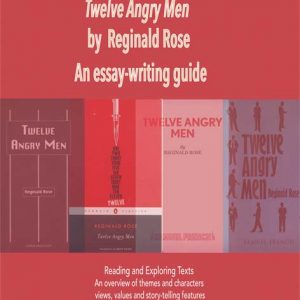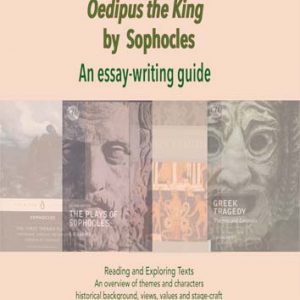Here’s your path to success!
Like practising an instrument, or learning your words for a language, 15 minutes every day can make the difference.
During the pandemic, do small bite-sized tasks: a bit of grammar, some interesting passages from a text, and a couple of words a day. It will make all the difference.
- Learning the building blocks of a sentence. (Grammar, blue book, pp 40, 41, 42,)
- Typical word order: subject, verb, object. Study a range of sentences and identify the pattern.
- Understand phrases and clauses, subjects and predicates (p. 41-42; 46.)
- Understand additions and modifications: adjectives, adverbs, conjunctions and prepositions.
- Understand simple, compound and complex sentences. (p. 60)
- Keep extending your knowledge so that you can control your sentence and this gives you confidence.
- Understand story-telling and poetic techniques. (Language of Analysis, purple book, pp 45-51)
- Read poems and short texts; people stories and short stories.
- Let’s start with symbolism, word images, metaphors, similes. What do they stand for? What is the author’s purpose or main idea?
- Let’s consider rhyming patterns: alliteration, assonance. (pp. 54)
- Conversations and dialogue; plays and poems: what is the tone? How does the tone reflect the author’s or poet’s message? (pp. 22-25)
- Apply your knowledge of grammar: how does the poet/author play with word order and why? What type of sentences do they use?
- Understand opinion pieces. (Red book; Techniques)
- Whose opinion? What do they say? What is “bias”? How does this affect their opinion?
- What evidence are they using to support the viewpoint? (variety of types of evidence) (pp 28-33)
- What words stand out and why? What is their tone? (pp 18-27)
Learn a word a day. See these posts: https://www.englishworks.com.au/working-with-words-page/




